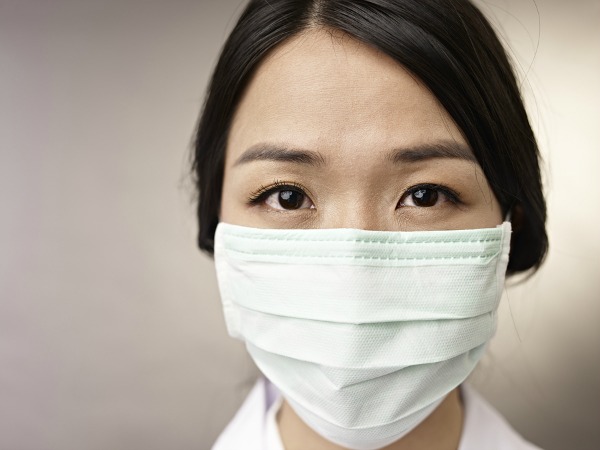Masks – Protect Yourself Against Pollution and Illness
As the air gets worse and flu statistics rise, you may wonder if we should be wearing masks. How bad is bad enough to take precautions? Often, doctors’ offices ask ill patients who are coughing or sneezing to wear a mask upon entering the practice. But, are they effective? Are any prevention methods more effective?
Right now is the middle of flu season with numbers of hostpitalisations continuing to rise. When pollution in the PM2.5 category is high those particles are known for increasing inflammation leading to higher hospitalisations for breathing trouble and other long-term health effects. So, when pollution strikes, those susceptible to colds and flu get a double hit to their system.
Masks to protect against illness
Fortunately, there are some steps that can help reduce your exposure. A 2009 study from Australia suggests that a person who is already sick, can indeed prevent the flu from spreading by wearing a mask. The study covered surgical masks and a special type of mask called the N95. According to the Center for Disease Control (CDC) in the United States, “The N95 respirator is the most common of the seven types of particulate filtering facepiece respirators. This product filters at least 95% of airborne particles but is not resistant to oil.” These masks, according to the Australian study may confer some benefits to a person wearing them in prevention as well. This same advice was confirmed in later studies done in 2009 and 2013.
An even more effective prevention tool is washing hands frequently or using alcohol based hand sanitisers. When the bathroom is scarce, it’s easy to pick up the alcohol sanitizers at any Watsons or Mannings. Alcohol-free sanitisers can also be found online at www.ogreen.hk or at Tiny Footprints in Central. Be careful when purchasing santiziers that they do not contain the ingredient ‘triclosan.’ Triclosan is actually a pesticide, but is found in many products. Some studies suggest that it contributes to bacteria resistance and can actually promote the growth of some bacterial species.
Masks to protect against pollution
Fortunately if you already have a N95 mask, these can work for pollution as well. According to AQICN (Air Quality Index China), “The “N95” label stands for the mask ability to filter out at least 95% of airborne particles larger than 0.3 microns (for reference, PM2.5 particles are 2.5 microns).
From all the test results, N95 is good enough for filtering most of the PM2.5 particles, but sensitive persons can consider using the N99 version of those masks (N99 stands for filtering more the 99% of airborne particles). Note that a similar mask, with model number 9001 is also commonly available and corresponds to N90 filtration standard.
In a study reported in 2012, “Reducing personal exposure to air pollution using a highly efficient face mask appeared to reduce symptoms and improve a range of cardiovascular health measures in patients with coronary heart disease. Such interventions to reduce personal exposure to PM air pollution have the potential to reduce the incidence of cardiovascular events in this highly susceptible population.” You can read more about this study here.
If you are interested in purchasing a face mask, there are many places which sell the plain surgical variety. One of the more fashionable and useful masks with a higher level of filtration is the Vogmask. Again AQICN describes this mask, “Last, but not the least, Vogmask™ is a trendy mask. From a filtration point of view, it uses microfiber filtration fabric to provide an N99 rating. Half of the models come with a valve, similar to the 3M Cool Flow, for improved comfort.” Vogmasks come in sizes for adults and children. You can do more advanced searches for organic cotton, N95 or N99 ratings and so on. These masks can be shipped to Hong Kong easily and cost USD$25 and up.
For more information on air pollution in Hong Kong visit AQICN.
Read more about protecting your family from pollution here.
For more Healthy Living Asia insights into wellness and health in Hong Kong, visit the HK HUB’s healthy living section, which has ideas and inspiration on a range of topics. To join the ‘Healthy Living in HK’ Facebook community, contact info@healthylivingasia.com.




